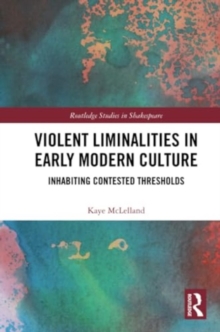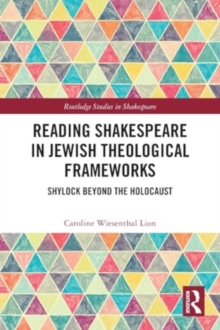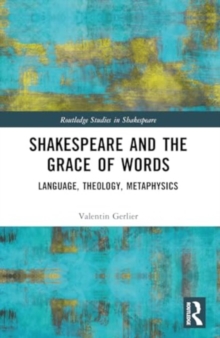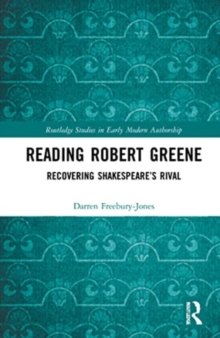
Limited Shakespeare : The Reason of Finitude PDF
by Julian Jimenez Heffernan
Part of the Routledge Studies in Shakespeare series
Description
Shakespeare’s poetic-dramatic worlds are inescapably limited.
There is always, in his poems and plays, a force (a contingent drive, a pre-textual undertow, a rational-critical momentum, an ironic stance, the deflections of error) coercing plot and meaning to their end.
By examining the work of limits in the sonnets and in five of his plays, this book seeks not only to highlight the poet’s steadfast commitment to critical rationality.
It also aims to plead a case of hermeneutic continence.
Present-day appraisals of Shakespeare’s world-making and meaning-projecting potential are often overruled by a neo-romantic and phenomenological celebration of plenty.
This pre-critical tendency unwittingly obtains epistemic legitimation from philosophical quarters inspired by Alain Badiou’s derisive rejection of "the pathos of finitude".
But finitude is much more than a modish, neo-existentialist, watchword.
It is what is left of ontology when reason is done. And cool reason was already at work before Kant. In accounting for the way in which Shakespeare places limits to life (Romeo and Juliet), to experience (The Tempest), to love (the Sonnets), to time (Macbeth), to the world (Hamlet) and to knowledge (Othello), Limited Shakespeare: The Reason of Finitude aims to underscore the deeply mediated dimension of Shakespearean experience, always over-determined by the twin forces of contingency and textual determinism, and his meta-rational and virtually ironic taste for irrational, accidental, and error-driven limits (bonds, bounds, deaths).
Information
-
Download - Immediately Available
- Format:PDF
- Pages:262 pages
- Publisher:Taylor & Francis Ltd
- Publication Date:01/05/2019
- Category:
- ISBN:9780429675959
Other Formats
- Hardback from £145.00
- EPUB from £35.09
- Paperback / softback from £38.99
Information
-
Download - Immediately Available
- Format:PDF
- Pages:262 pages
- Publisher:Taylor & Francis Ltd
- Publication Date:01/05/2019
- Category:
- ISBN:9780429675959










